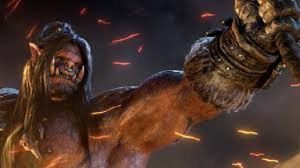Quentin Tarantino films are experiences. His films are violent, but they are still experiences.
Writer and director Tarantino exploded onto the movie scene with the Cannes Festival winning Pulp Fiction. Described as notorious and cutting edge, Pulp Fiction was also described as the freshest film released in 1994.
Two years earlier, Reservoir Dogs was released without near as much fanfare. It was Tarantino’s first film he directed.
Having cemented a reputation for edgy, violent, provocative film-making, he then released Jackie Brown, which wasn’t as well received as his earlier works.
All those films were set in and around the criminal underground.
Kill Bill came in the new millennium, in two episodes. It was a revenge flick with a strong female protagonist played by Uma Thurman. Then in 2007, Grindhouse was released, another revenge film.
These films just slip you into a mood and may take over your usual sensibilities. Reservoir Dogs, Pulp Fiction, Jackie Brown and Kill Bill are all moody. They put you in a mood. His moody films are experiences, but empty.
His work, since 2009, to 2012, has a point riding the whole film, but its self-contradictory. Inglorious Basterds and Django Unchained were experiences that make you feel the point it’s trying to make, but in a stylishly self-contradictory way.
In the sense of shaping life in apparent contradiction and in sensations, life is needlessly emptied of its power.
There is more to life than–as in Tarantino films–delivering empty sensations and making points that are contradicted.
But the powers of life show us there is more to life: the blooming of a flower to a ripple on the sea. One of these effects shows growth (the blooming of a flower) and one of these effects is quiet serenity and brilliance but both are beautiful.

